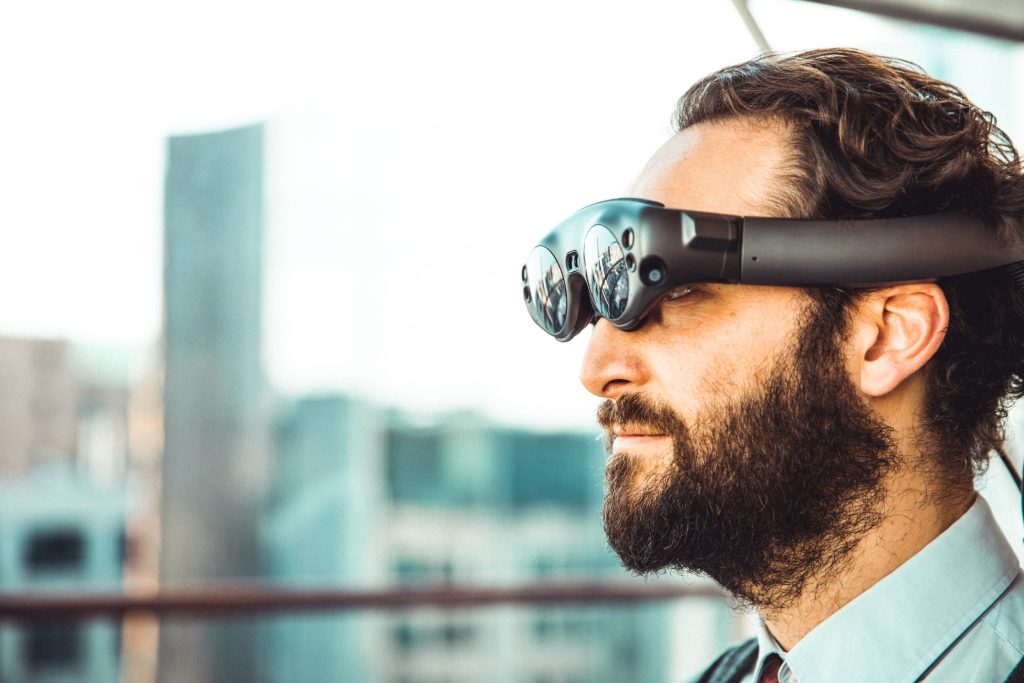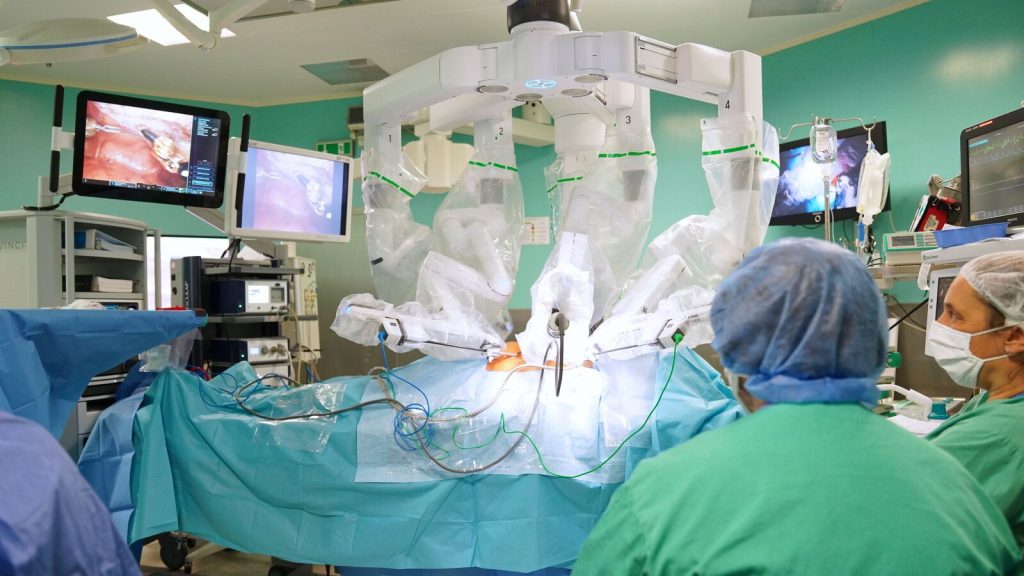Modern medicine continues to be revolutionized by the technological advancements that we make in order to make the medical industry better. With this, one of the most significant and innovative developments so far is robot-assisted surgery which has the potential to transform the future of medical procedures.
Offering greater surgical precision, being less invasive, and having shorter recovery times, Robotic-assisted surgery is a great tool to have in a clinic/hospital. However, as beneficial as it seems, it comes with its controversies and challenges as well. Robotic-assisted Surgery and its potential are some of the biggest questions that are being raised in the current medical industry.
Evolution of Surgery & Advent of Tech in Medicine
Contents
Surgery has been a vital component of medical care for many ailments since the beginning of time. From simple surgeries carried out by barbers and priests to intricate procedures conducted by highly skilled medical experts in state-of-the-art settings, surgery has changed over the ages. Robot-assisted surgery is a new and revolutionary kind of surgery that has emerged as a result of the tremendous technological advancements in the last few decades in the medical field.

Back in the 1980s, the development of robotics for performing precise movements that the human hand could not do laid the foundation for Robotic-assisted Surgery. As the technology evolved, medical institutions and professionals were adopting it and by the late 1990s, the first FDA-approved system – the da Vinci Surgical System – was introduced.
Understanding Robot-Assisted Surgery
Put simply, robot-assisted surgery gives surgeons greater control, precision, and flexibility when performing difficult surgeries than they would be able to with traditional methods. A robotic arm is equipped with tiny instruments that are controlled by a computer by the surgeon throughout the process. Working with robotic arms, the surgeon performs the surgery while “sitting” at a computer console, viewing a 3D depiction of the operative site.
So far, robot-assisted surgery has already been used in surgeries in a wide range of procedures such as heart, orthopaedic, neurological, gynaecology and more. One of the most well-known of these is the use of the da Vinci Surgical System in Protatectomies which has seen evidence of yielding high success rates and fewer complications.
Benefits of Robot-Assisted Surgery
There are advantages to using robot-assisted surgery and the foremost benefit is the increased precision that it offers due to the computer-guided movements of the robotic arm. With this, you can expect fewer complications, less blood loss, and less need for blood transfusions because of the precision. The instruments used in the procedure are also smaller and more flexible than the hands of the surgeons so the procedure can be done through smaller incisions and in more complex manners.

With this, robot-assisted surgery is less invasive than traditional procedures which will lead to less damage to the surrounding tissue of the tissues and organs which will result in less pain after the operation, less risk of infection, and a quicker recovery time. On top of that the possibility for human error to affect the results of the surgery is reduced.
Potential Challenges & Controversies of Robot-Assisted Surgery
Though there are many advantages, there are drawbacks and disagreements with robotic-assisted surgery as well. The exorbitant cost of robotic surgery systems—which can reach millions of dollars—is among the principal issues. In underdeveloped nations with tight healthcare budgets, this raises concerns regarding the technology’s cost-effectiveness.

Additionally, the system may reduce the possibility of human error but it can have its technical failures and system malfunctions which may make it less reliable than a human surgeon without maintenance. If this were to occur mid-procedure, the patient’s life could be in danger. With the inherent risks, there also is a steep learning curve for the surgeon to learn how to master robot-assisted surgery which will require more time and extensive training.
The Future of Robot-Assisted Surgery
The technological advancements in the current times are currently the driving force to the future of robot-assisted surgery and as the technology continues to improve, so does the number of advanced features incorporated into them. Features like haptic feedback and augmented reality visualizations will enable surgeons in the near future to feel tissue texture and detect the abnormalities and changes in them.

With that, the developments in artificial intelligence (AI) technology will play a major role in this technology in the future. With AI, there will be less likelihood of errors and even more enhanced precision. Similarly, there are an increasing number of learning programs for surgeons for this technology leading to more adoption. At some point, robot-assisted surgeries will be commonplace rather than the exception for certain clinics.
Undoubtedly, robot-assisted surgery is an innovation in the health industry where there is tremendous potential for the development of all surgical techniques. It provides strong benefits that will include increased control and precision all the while being less invasive and leading to increased recovery times.

Bringing up important issues and problems that will affect how it is developed and used in the upcoming years and will continue to have a promising future in its current issues and difficulties that it faces, robot-assisted surgery continues to have its impact on revolutionising the medical industry.

